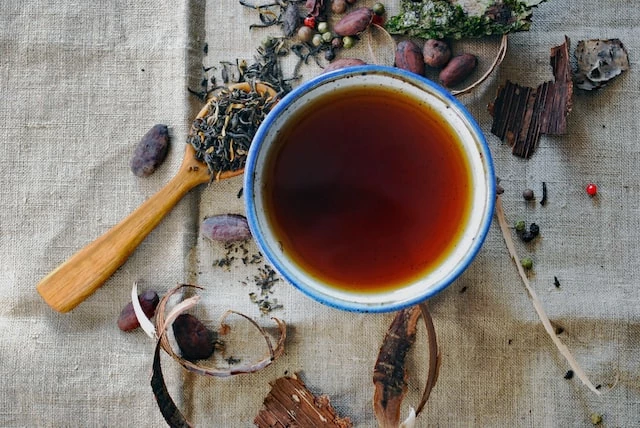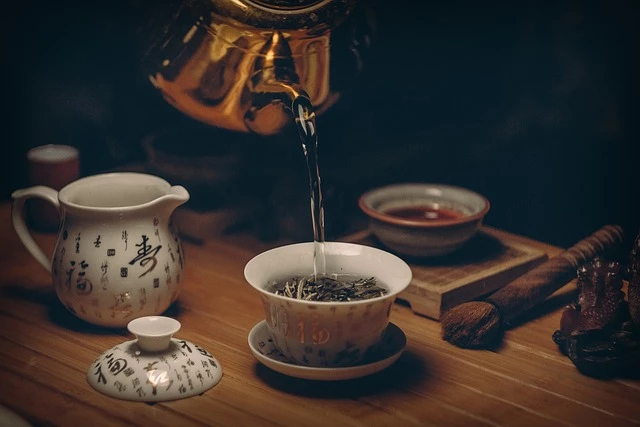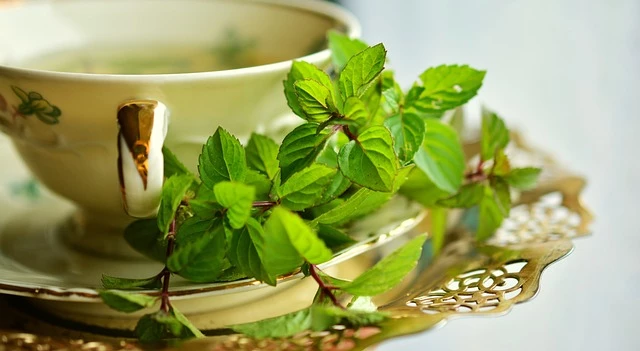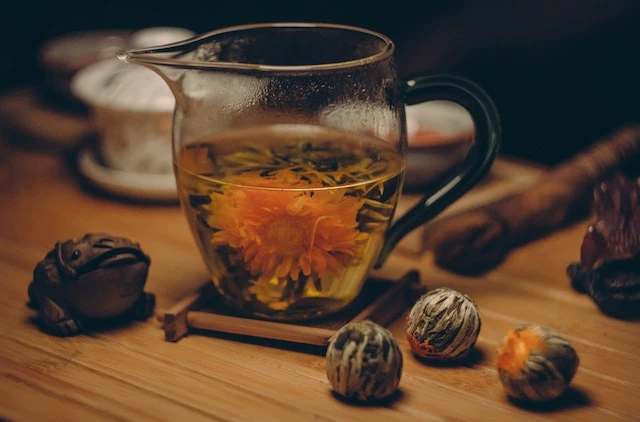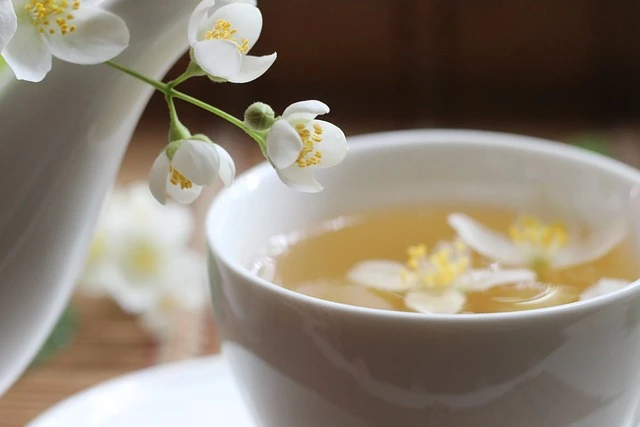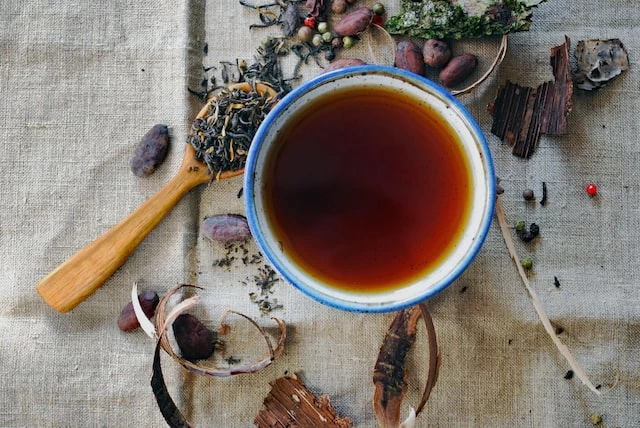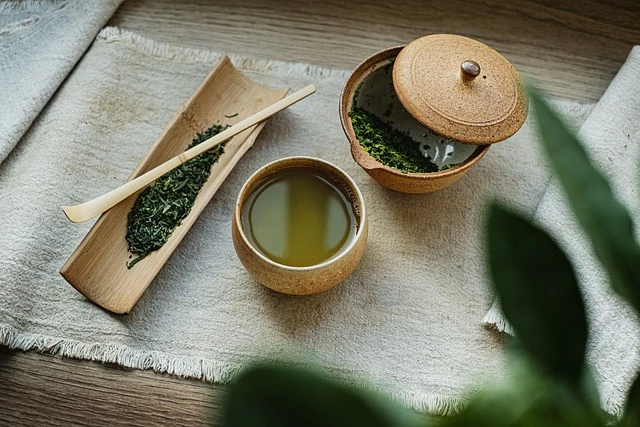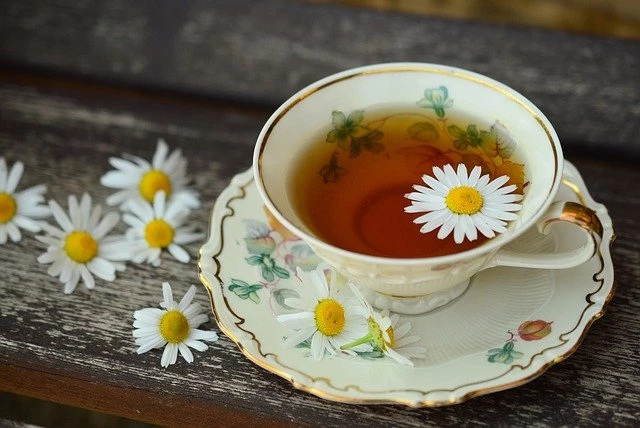5 Benefits of Green Tea Backed by Current Scientific Studies
Jan 23 2018 Health & Fitness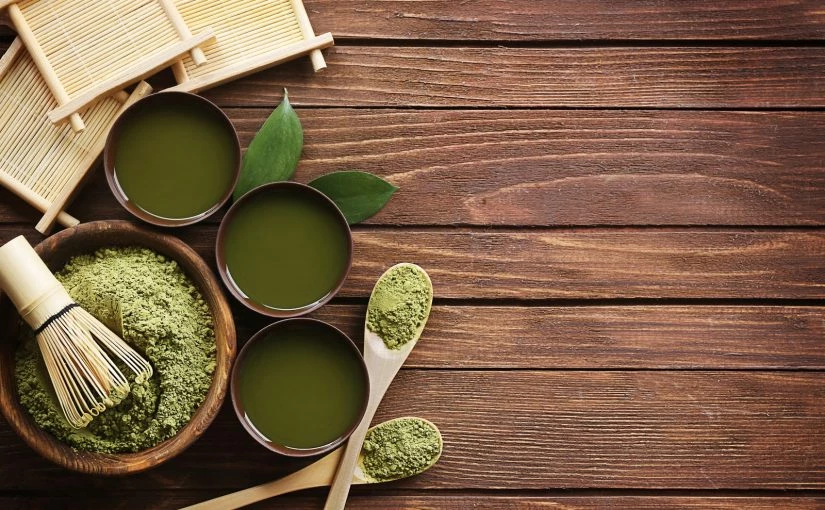
Here are 5 Benefits Green Tea Supported by Science
You can say green tea is the original tea, as it was drank this way by ancient people. It is the fresh leaves of the camellia sinensis plant, newly picked and very green. Prone to easy spoilage, and a bitter taste. Unlike black tea and other kinds of tea which are fermented or semi-fermented, green tea undergoes minimal processing. This is why it has the most potent amount of antioxidants and other health-boosting qualities.
Green tea is sometimes called Matcha or Matcha green tea powder. Matcha tea is a Japanese version of green tea, traditionally ground into a powder with a heavy stone. Green tea can also come in the form of whole leaves or rolled leaves, not just powder. You might expect to buy instant matcha tea, already mixed with creamer and sugar. Matcha is sold premixed because pure matcha tea has a sharp, grassy and bitter taste, which most people do not enjoy.
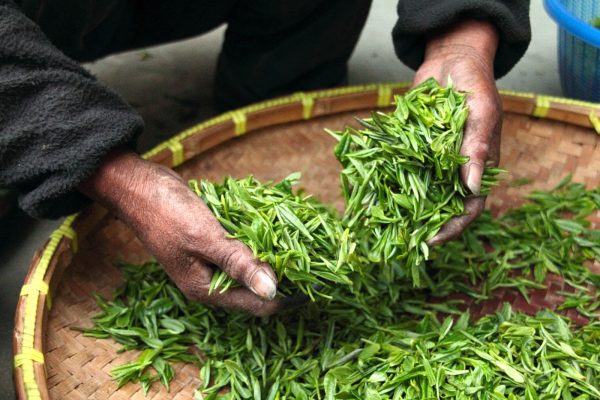
There are four different kinds of teas, which only differ in how the tea leaf is oxidized. There is white tea, which are white buds of the tea plant, nonoxidized, sold as soon as they are harvested. Green tea is also nonoxidized. The green tea leaves are only steamed, dried, pan-fried or roasted, then packed and ready to sell.
Green tea is not the most popular tea, people prefer black tea. Only 20% of tea drinkers worldwide will have green tea on the table, and most of those green tea drinkers are in Asia. Oolong tea is fermented up to 80%. Black tea, the star of the tea world, is fully fermented or fully oxidized.
The fermentation process oxidizes polyphenols or antioxidant compounds. Tea polyphenols are responsible for many health benefits attributed to tea, including antioxidative, anti-inflammatory, and anticarcinogenic effects. The American Food and Drug Administration has been petitioned to include several health benefits of green tea on labels, which the FDA rejected in 2006. However, so much has happened since 2006, and there is now so much more information on the real benefits of green tea.
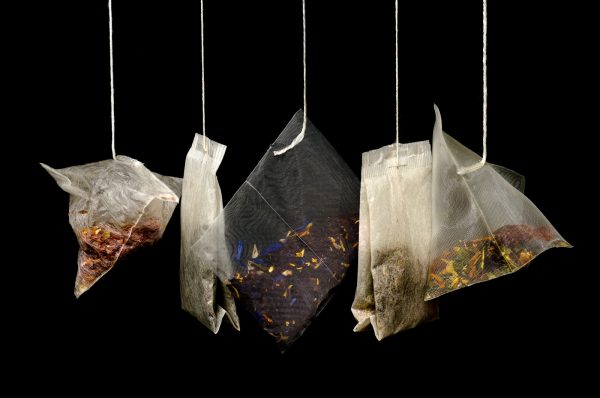
Benefit 1: Green Tea Helps with Weight Loss
If you had any doubt, it’s true that green tea helps with weight loss. Many weight loss supplements have green tea extract as an active ingredient. There are three components in green tea that affects human metabolism: polyphenolic compounds, xanthic bases, and essential oils. It has a stronger diuretic effect than caffeine, causing the body to lose water weight even faster. The potency of green tea extract has recently made Canada toughen health warning on weight loss supplements. Green tea extract has concentrated amounts of diuretic, which can lead to liver injury when abused. It is a very rare health risk, that has come about because green tea extracts in the form of a pill, is many times stronger than any normal cup of tea.
Benefit 2: Studies for Green Tea as Cancer Preventive
There is no definite cure for cancer yet, but 20 years of studies on tea as a means for cancer prevention is very optimistic. In animal studies, tea polyphenols inhibit the growth of tumors, within different organs in the body. The antioxidants also inhibit DNA damage, which are believed to be carcinogenic. It is especially effective in preventing abnormal growth in the lungs and skin. A comparative study between smokers shows that those who are also tea drinkers are less likely to get lung cancer. Cancer risk reduction increases with green tea consumption, compared to black tea, because green tea has more polyphenols.
Benefit 3: Better Heart and Lung Health
Increase your cardiovascular health with tea time breaks. Catechins, compounds highest in green tea, has a protective effect on your cardiovascular health. It lowers inflammation and decreases total cholesterol. Drinking just one or two cups a day decreases the risk for heart attack by half, in comparison to those who don’t drink tea, according to a Boston Area health study. Those who drink three cups or more, a day, lower risk for stroke by 21%.
Benefit 4: Makes Life Better for Those With Diabetes
There is evidence that shows green tea drinking benefits for those who suffer type 2 diabetes. Tea has an effect on glucose metabolism and the body’s insulin signaling. Over 10 studies concluded that adults who drink four or more cups of tea a day will have 30% lower risk for type 2 diabetes. Drinking less than four cups of tea is still beneficial, but the preventive effect is lower at 18%.
Benefit 5: Green Tea is Better for Your Teeth
Black tea has a horrible reputation for staining the teeth yellow. But green tea is different. You won’t stain your teeth, plus tea reduces oral bacteria. It is the perfect beverage after a meal, to avoid bad breath and dental caries.
As a bonus, there are many less studied health benefits of green tea. Drinking tea can reduce stress, for instance. The ritual of preparing and drinking the hot beverage is a quick way to decompress and come back to work with more energy. It lifts the mood. There is anecdotal evidence that green tea improves the appearance of the skin. It may help protect the skin from sun damage, the leading cause of premature wrinkles, sun spots, and skin cancer. There are no huge disadvantages to drinking green tea, especially if you enjoy it. So refill that cup as much as you want!
To read more articles like this one, click here.
Read next: How Much Green Tea Should You Drink In A Day?


